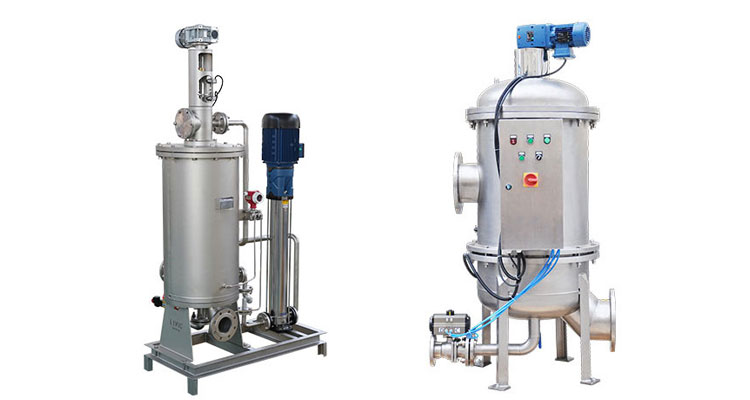Tel: +86 311 8595 5658 E-mail: admin@yuanlvfilter.com
Backwashing is the process of filtering and purifying water, by forcing it back through the filter medium. This process allows the filtering media to be cleaned, maintained, and reused for a longer time. Automatic Backwash self-cleaning filters are the most popular types of these filters used in industries.
The basic processes involved in backwashing are separation, adsorption, and the addition of extra media that can be sacrificed during the backwashing. Generally, filter beds start accumulating dirt and contaminants and become unusable or get quality problems with time. With backwashing though, the filter bed is constantly cleaned by directing the flow of water or a combination of air and water to the bed directly. This cleans the filter and maintains its quality.

There are two basic kinds of backwash filters
1. Manual backwash filters – Manual backwash filters have to be manually set for backwashing periodically by those handling them. It is important to check for differential pressure changes and other abnormalities from time to time and then opt for backwashing.
2. Automatic backwash filters – With Automatic Backwash Filters, this process is seamless and automatic. The filter identifies problems in the quality of filtered water and schedules backwashing, without manual intervention. As the name specifies, these Automatic backwash filters automatically take care of the backwashing and filtering processes. Automatic backwash filters are largely used in chemical industries, power industries, and oil industries.
In manual backwash filters, the backwashing processes need to be manually set up. If you forget to set up the process, the filter will keep performing inefficiently and the filtered fluids would start deteriorating in quality.
With automatic backwash filters, the backwashing instruction is provided by the filter itself, based on the differential pressure it notices. The minute the filter medium exceeds the recommended contamination levels, the backwashing process is automated.
Both backwash and normal filters do the same job – they filter water or other fluids and remove contaminants and sediments. The difference lies in how these filters have to be cleaned and maintained.
Normal filters have to be manually checked for quality discrepancies and cleaned once in a while to maintain their quality. If you are slack or careless, then chances are your filter won’t last long and is going to become a financial burden to the company over time.
Backwash filters have the ability to check for quality discrepancies automatically and can activate the backwash mode. With backwashing, the filter media is force-cleaned so contaminants and sediments are sent out through a drain valve. It is easier to maintain backwash filters and these have an increased lifespan too, especially the automatic backwash filters.
Consider factors like filtration purpose, filters run time, the process criticality, and what type of fluids will be filtered. Automatic backwash self cleaning filters are cost-worthy and more effective than normal filters.
YUBO offers customized filtration solutions and filters to companies. If you are looking to invest in a new filter or change the existing one, get in touch with us to know what kind of filters work best for you.